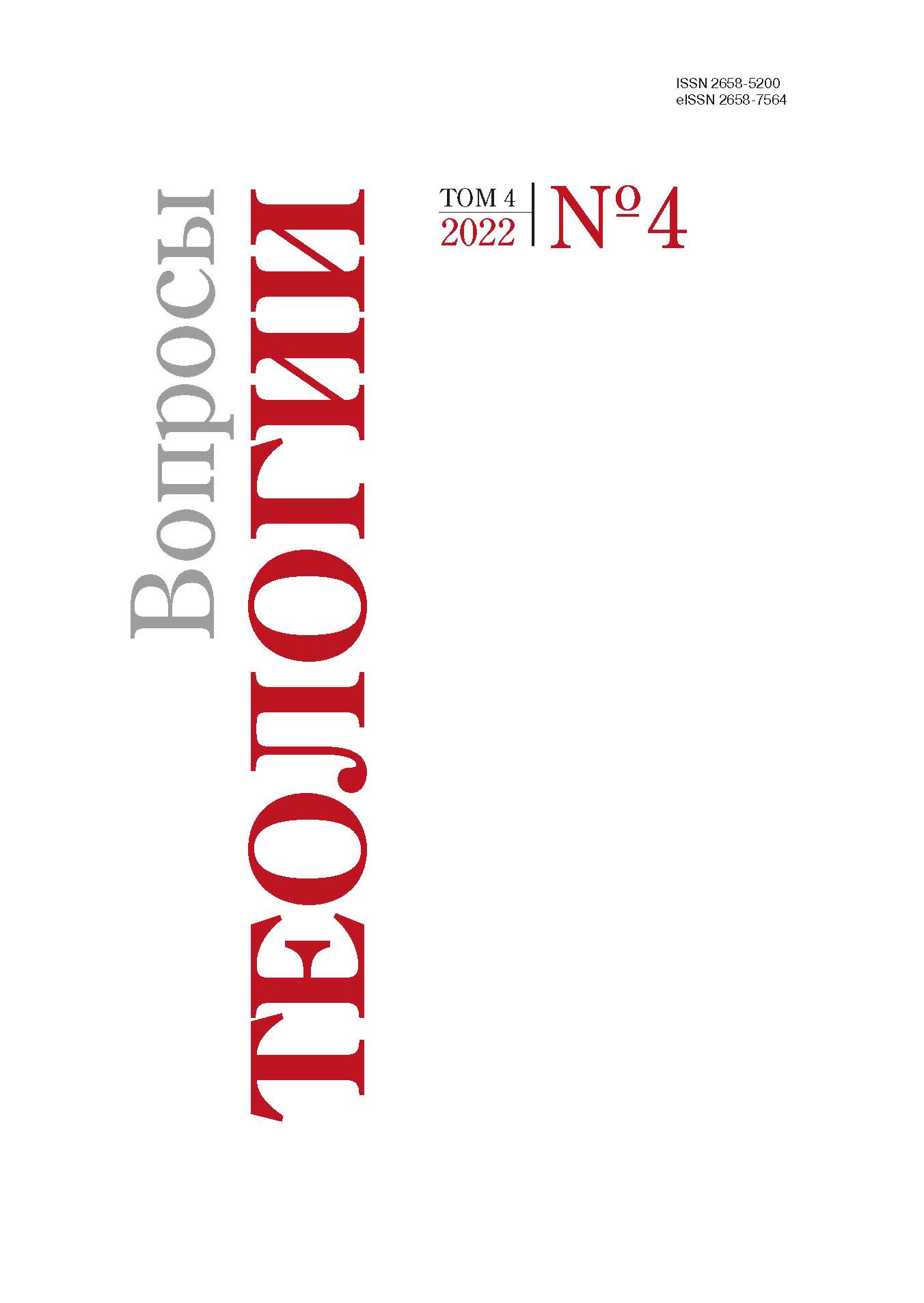Methodological foundations of orthodox pedagogy
DOI:
https://doi.org/10.21638/spbu28.2022.408Abstract
In the article, on the basis of general methodological foundations characteristic of pedagogical science as a whole, the methodological structure of Orthodox pedagogy is built and its uniqueness is shown. The analysis is based on the author’s seven-component model of the system of methodological foundations of pedagogical science. The proposed model makes it possible to identify the main methodological principles of pedagogy based on one or another worldview foundation. Thus, in the work, on the basis of the Orthodox worldview, the pedagogical strategy and pedagogical tactics of Orthodox education are formulated and its main content and leading means are determined. The advantage of the article lies in the fact that, from the point of view of the Orthodox dogma, it gives clear definitions of the concepts of training, upbringing and education, and also defines the type of pedagogical structure, the professional and anthropological ideal of a teacher for Orthodox pedagogy. The peculiarity of the article is that the main methodological foundations of Orthodox pedagogy as a science are given in comparison with the methodological foundations of Soviet materialistic and atheistic pedagogy. The main ideas of the article are illustrated in detail with quotations and references to the works of the Holy Fathers and the work of both pre-revolutionary and post-Soviet teachers who worked in the field of Orthodox pedagogy. The article is addressed to scientists, teachers of pedagogical disciplines of theological schools, undergraduate and graduate students, conducting research at the intersection of theology and pedagogy.
Keywords:
Orthodox pedagogy, Christian anthropology, anthropological reality, anthropological ideal, pedagogical strategy, pedagogical tactics, repentance, image of the desired future, content of Orthodox education
Downloads
References
References
Downloads
Published
Issue
Section
License
Articles of "Issues of Theology" are open access distributed under the terms of the License Agreement with Saint Petersburg State University, which permits to the authors unrestricted distribution and self-archiving free of charge.




